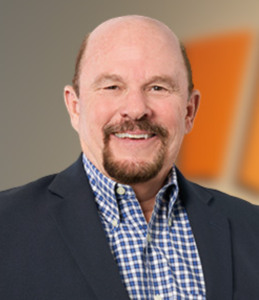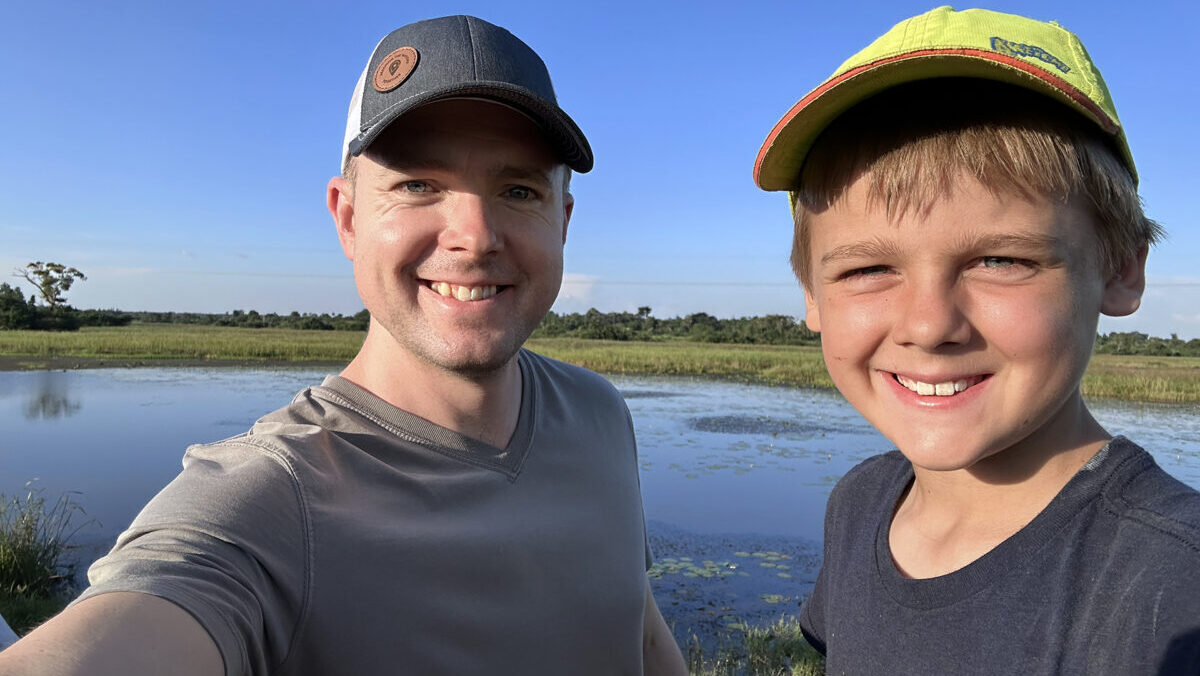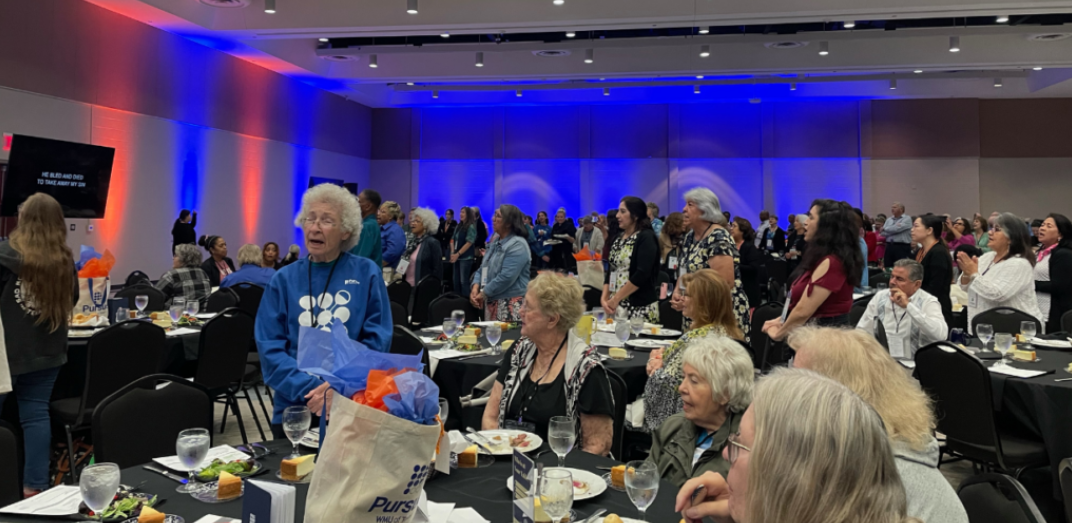Pastoring and church planting can be a difficult and challenging task even in the most receptive places, but in areas of the United States where there are fewer evangelical churches — such as the New England region — it often takes more encouragement, relationships and strong support for those ministering there to make an impact.
That is why the Baptist Churches of New England have begun a long-term relationship with Southern Baptist pastors, specifically Baptists in Florida, to create connected teams to strengthen ministry efforts in this highly unreached area of the country. This region includes Connecticut, Maine, Massachusetts, New Hampshire, Rhode Island and Vermont.

Hal Haller, associate executive director of the BCNE, met in February with three groups of South Florida pastors at the Florida Baptist Convention Southeast Regional Center in Hialeah.
The meeting served as an opportunity for all involved to spark supportive relationships and for the Florida-based ministers to become informed of the great need for help in New England. That meeting was the first step in a journey of building important relationships which will now include a planned trip to New England by Florida pastors in September, Haller said.
Haller explained how that part of the current effort is actually a subtle shift from project-based missions to relational missions.
“The idea is, typically someone calls and says, I’ve got a bunch of construction guys that want to come up and fix something, or I have a VBS team and we want to come to VBS somewhere,” Haller said.
“We’re OK with that,” Haller noted, “and we will accommodate but what we’re asking people to do is to first be willing to consider a long-term relationship with a New England person mainly because church planting or pastoring are long, hard journeys.”
‘Organic’
With the percentage of those attending church in New England being somewhere around 4%, it may take five-to-seven years for a new church to get established in that region — whereas in the South it might only take two or three years, Haller said. New England pastors need encouragement and prayer.
“Let’s think about the relationships and keep it organic,” Haller said. “As they’re spending time praying together, as they’re connecting with each other in both locations, that out of those conversations that there is an understanding of what is really needed. They have time to interface and connect with that mission field where that planter or where that pastor is at.”
The groups of pastors and missions ministers will head to Haller’s area on September 19 on an exploratory trip to look at areas of New England where they will consider investing in and partnering with.
“Let’s say Western Massachusetts or Central Connecticut,” Haller suggested, “and work with pastors in that particular area or region to see the gospel sown and think about a long-term commitment there.”
Big picture
Haller believes the BCNE is about three-to-six-months away from people making a commitment.
“We’re doing this with the long game in mind,” he said.
It has been difficult to make a spiritual impact in New England, he added, and partnerships are so crucial.
“You don’t really have church shoppers in New England,” he said. “New England as a whole is a higher unchurched area. The highest in the country. You don’t have a churchy atmosphere.”
The area is a “town-centric,” he added.
“We don’t have a lot of regional churches. Out of 400 churches we have in the BCNE, only 22 actually have 200 people or more,” he said.
“Far and wide, most of New England is comprised of a number of small towns. They’re committed to their local community. They do all their business and don’t drive long distances, and if you’re going to do ministry, you have to target a bunch of small towns. Knowing that you have smaller population bases, its going to take longer for you to plow that ground knowing you’re in an increased secular environment to be able to get traction.”

One of the men leading a team from Florida in September is the regional catalyst with the Florida Baptist Convention, Craig Culbreth.
Culbreth, who has pastored in three states, acts as an encourager and supporter of the pastors in his region.
“Because of my missions experience, this was a chance to create a sense of mission knowing the urgency of the percent of lost people in New England,” Culbreth said. “This was a sense of urgency for me, so I recruited a total of 12 people on the team.”
‘We’re all in the people business’
Culbreth said his team is headed to Connecticut because there is a large unchurched population.
“I’ve always tried to go to the places no one is going because those people are working just as hard,” Culbreth said. “We’re trying to make church-to-church partnerships so that everybody has somebody and no one tries to pastor alone, because that’s hard.”
Culbreth’s goal is for his people to come back from their trip and get others they know to go back with them again in the future and help with the work.
“At the end of the day, we’re all in the people business,” he added.
“First of all, I want to see relationships strengthened,” Culbreth said. “We have to make sure we have good relations between the people that are going to build a team. Second, a priority is to find people that these people can connect with and they can bring people back from their church. This is a sort of Joshua and Caleb trip. We’re spying out the land. Trying to find out what we need to know and bring back the information so that churches can go and connect.”
For more information, go to the Baptist Churches of New England website at www.bcne.net.








